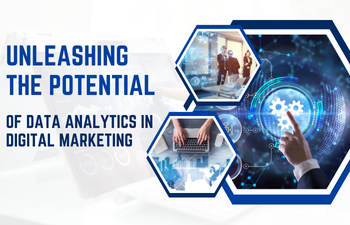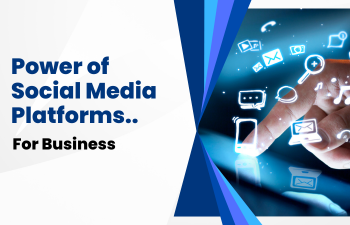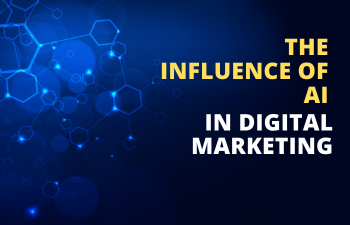 Digital Marketing
Digital Marketing
Potential of Data Analytics in Digital Marketing
Unleashing the Potential of Data Analytics in Digital Marketing
In today’s changing digital marketing scene, data analytics is a powerful tool for firms to gather insights, optimize strategies, and drive success. Data analytics and artificial intelligence (AI) are booming technologies that will control the planet in the future. Here’s how data analytics revolutionizes digital marketing:
Data Collection and Integration:
The first and foremost step in leveraging data analytics is to collect and integrate data from various sources such as websites, social media platforms, CRM systems, and marketing tools. This comprehensive data pool serves as the foundation for analysis and decision-making for a digital marketing agency to make a first and their best move.
Data Cleaning and Preparation:
Once the data has been acquired from multiple sources, it must be cleaned and prepared for analysis. This includes deleting duplicates, dealing with missing numbers, and standardizing formats to assure the dataset’s accuracy and consistency.
Exploratory Data Analysis (EDA):
EDA is studying a dataset to identify patterns, trends, and relationships that can be used to inform marketing strategy. Data visualization, descriptive statistics, and correlation analysis are utilized to get better understanding of client behavior and preferences.

Predictive Modeling and Forecasting:
Businesses can project future trends, customer behavior, and campaign outcomes using predictive modeling approaches such as regression analysis and machine learning algorithms. This enables proactive decision-making and strategic planning.
Segmentation and Targeting:
Data analytics allows firms to segment their target audience based on demographics, interests, and behaviors. This segmentation enables more focused and individualized marketing initiatives, which lead to increased engagement and conversion rates.
Performance Monitoring and Optimization:
Continuous monitoring of key performance indicators (KPIs) and campaign metrics is critical for determining the efficacy of marketing initiatives. Data analytics technologies provide real-time insights that enable firms to improve their plans and achieve better results.
Attribution Modeling:
Attribution modeling enables firms to assess the impact of each marketing touch point on the customer journey and spend resources appropriately. This leads to more efficient budget allocation and higher ROI.
Experimentation and A/B Testing:
Data analytics enables experimentation and A/B testing to compare various marketing plans and methods. By testing variables such as ad copy, images, and targeting criteria, businesses can identify the most effective approaches and refine their campaigns accordingly.
Continuous Learning and Improvement:
The iterative nature of data analytics enables firms to learn from previous experiences and continuously enhance their marketing efforts. Businesses may stay ahead of the curve by assessing results, identifying optimization opportunities, and adjusting to changing market dynamics.
Conclusion:
Data analytics has emerged as a game changer in digital marketing, allowing firms to make more informed decisions, personalize experiences, and achieve measurable results. Data analytics can help digital marketing agencies unlock new potential for growth and success in today’s competitive landscape. How have data analytics influenced your digital marketing strategies? Please share your views and experiences in the comments section below!







